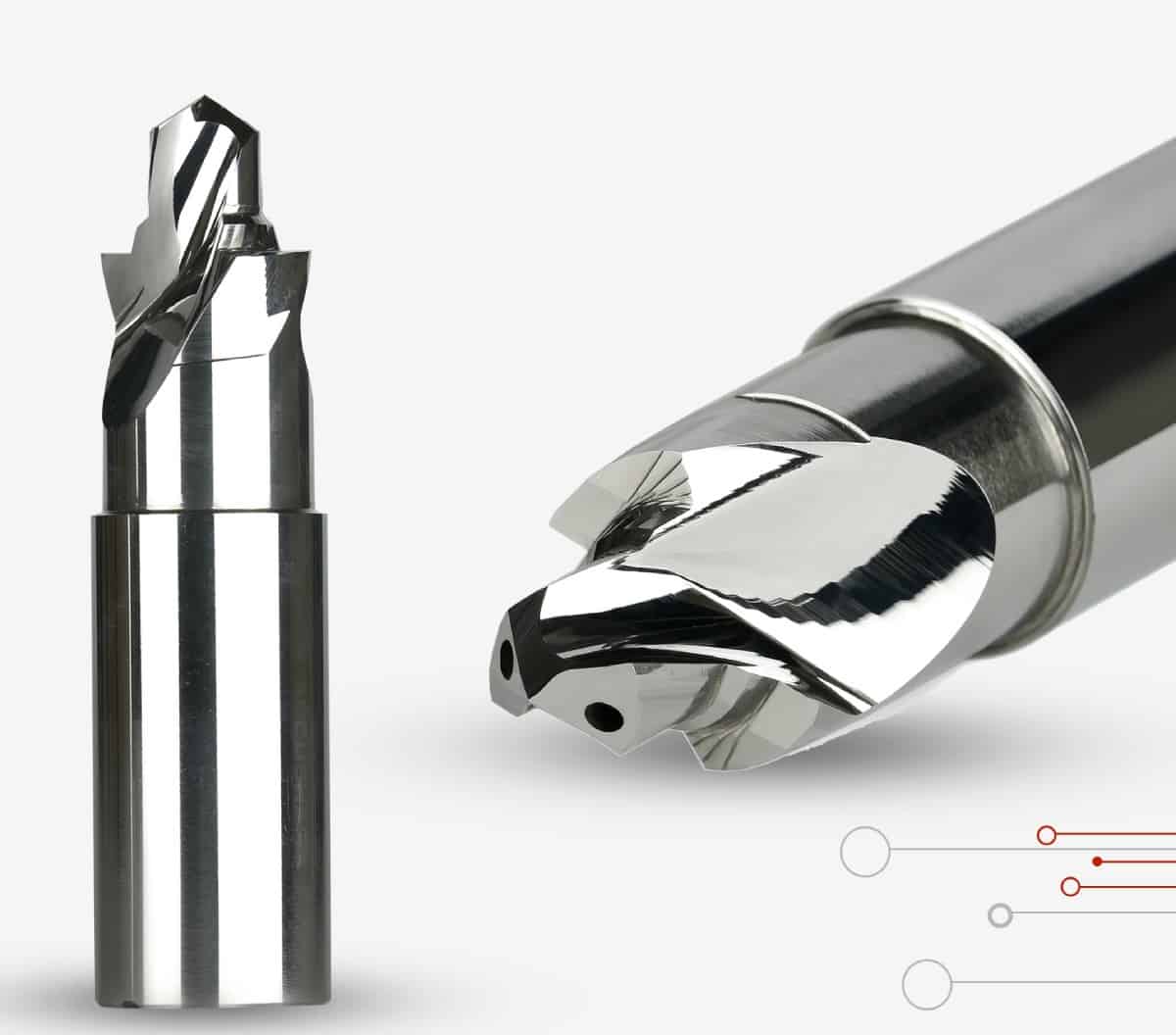A tool is essential for any manufacturing operation. As a result, having the correct tool is much more critical. The machining sector, in particular, requires high-quality cutting tools to aid in the production of innovative and high-quality components, among other things. Tools have been with us for millennia, and their significance has grown with time. Any mechanical process, such as profiling, cutting, drilling, milling, or shaping, necessitates the use of precision metal cutting tools in some form or another.
If you work in the machining industry, you are well aware of the importance of metal cutting tools. This is the blog for you if you’re considering about purchasing a new one. Let’s take a look at some of the most typical characteristics to look for when purchasing cutting tool.
Long shelf life: We must understand that metal cutting tools are not inexpensive and represent a significant investment. As a result, no one wants to buy tools that are broken too quickly because replacing them is an expensive proposition. You should look for a tool that is dependable and can be utilized for an extended period of time.
Precision: Having properly formed tools with accurate clearance angles enables for smooth cutting, which is advantageous and efficient.
Persistence: The tool you buy should be persistent, and you should make sure that it is harder than the material you’ll be cutting. Examine the tool’s hardness and see if it can survive the heat generated during the cutting process.
Cutting tools are an essential aspect of the machining business, which cannot be overstated. They’ve been around for a long time and have only gotten more complex over time. Almost every activity in the mechanical sector, including as drilling, cutting, profiling, welding, bending, and milling, necessitates the use of precision metal cutting tools in some form or another. To boost production, all of these instruments must be of the highest quality.
The following are the two main types of cutting instruments that are commonly used:
- Point-to-point tools
- Tools with multiple points of entry
During processes like as shaping, plaining, turning, and other similar procedures, single point tools are commonly used to remove excess material by cutting the edges. Multipoint tools, on the other hand, are an important part of procedures like grinding, drilling, and milling.
You must understand the importance of Cutting tools if you work in the machining industry. Furthermore, as a business owner, the value of high-quality industrial tool supplies cannot be overstated. However, there are many people who have little to no knowledge about common tools and their brands.
A cutting Tool is any tool that uses shear deformation to extract any material from a work component. Cutting can be done with a single point or multiple points. For spinning, shaping, preparing, and other related activities, single-point devices are utilized, with one cutting edge removing material. The majority of milling and drilling tools are multipoint devices. It’s a body with teeth or edges carved into it. Grinding tools are also multipoint instruments. A single-point microscopic cutting edge made of can abrasive grain cuts a small coin.
Metal cutting materials must be tougher than the steel being sliced, and the device must be able to withstand the heat and force generated during the cutting operation. As a result, the tool must be precisely configured, with clearance angles built in to allow the cutting edge to contact the work piece without pulling the rest of the device onto the work piece’s surface. It’s critical to automate all of the above, including the machine’s speeds and feeds, if you want it to last a long time.
It is critical in any manufacturing activities to have the appropriate tool for the job. If we start with this statement, we can see that ‘cutting tools‘ are the first and most significant component of the machining sector. They’ve been popular for a long time, and as time has passed, they’ve grown in importance and evolved to meet the needs of the times.
The majority of machine-like procedures, such as cutting, profiling, drilling, milling, and welding, require one or more types of precision metal cutting tools.
Because there are several sorts of cutting tools accessible, if your business is in the machine sector or is a significant element of it, you should be aware of these precise tools.
You now understand what metal cutting tools are and what qualities to look for when purchasing one. It is preferable to seek advice from a cutting tool expert before purchasing the best metal cutting tool for your needs and applications. Simply hunt for the best source to acquire the best tools.
Metal Cutting Tools
The primary purpose of these tools is to use shear deformation to remove any leftover material from the final metal item.
Metal cutting tools are generally divided into two categories: single-point devices and multi-point devices. The former is mostly employed in shaping, rolling, and other related processes to remove more material by cutting ends. On the other hand, multi-point devices are employed for critical tasks such as drilling, milling, and grinding.
Let’s have a look at some of the most commonly used metal cutting tools.
Drills
These are the most common tools for making round holes. It circles and moves exceedingly quickly, and it is capable of drilling holes in hard metals. It has a smidgeon of it. A hammer feature is included in a few power drills.
A drill is a hole-making tool with an end-cutting tool. It has one or more cutting edges, as well as flutes that allow fluids and chips to pass through. A shank, body, and point make up the drill.
Various Types of Drills
- Solid Carbide Drill
- Solid Carbide Step Drill
- Solid carbide Coated Drill
- Solid Carbide Uncoated Drill
- Solid Carbide Through coolant Drill
- Solid Carbide Non Through Coolant Drill
- Solid Carbide Flat Bottom Drill
- Solid Carbide Burnishing Drill
- Solid Carbide Center Drill
- Solid Carbide Micro Drill
- Gun Drill
Reamers
A reamer is a tool that is used to expand a pre-existing hole in metal by a tiny amount in order to remove any burrs or rough edges and leave smooth sides and edges. It’s a pointed circular file with a diamond dust-coated tip that creates a strong, durable surface that’s ideal for filing. Reamer tools are perfect for individuals who want a more precise hole since they take a pre-drilled hole formed by a drill bit and turn it into a true round hole with an exact diameter.
Endmills
Endmills are utilized in a variety of machining processes, resulting in a significant increase in work piece processing efficiency. On a milling machine, an endmill is primarily used to process planes, steps, grooves, forming surfaces, and cutting work pieces, whereas a drill is one of the most significant equipment for oil drilling and is commonly used for drilling.

Whichever cutting tool you purchase, it must be tenacious. Make sure the tools you’re using are capable of handling the materials you’ll be working with. If the device is not resistant and sturdy, it will have a short lifespan and will be unable to withstand more difficult objects.
Purchase those that are precise and feature distinct angles. Along with these requirements, the appropriate shape is also required. This will allow for smooth tool use as well as making your complete work process simple and efficient. These tools are extremely costly, thus purchasing goods with a longer lifespan is always preferable.
Purchase a branded tool from a reputable metal cutting tool manufacturer: Accusharp Cutting Tools


